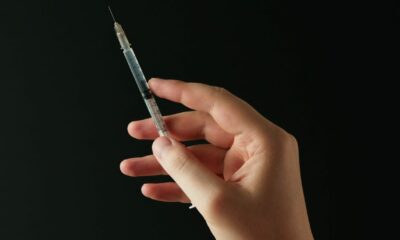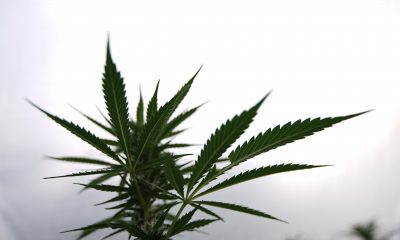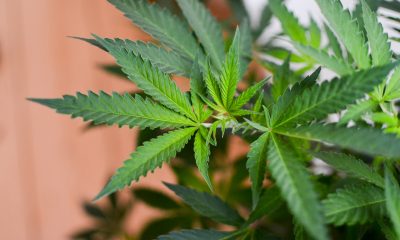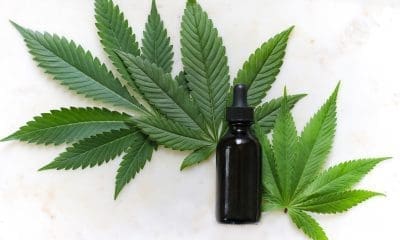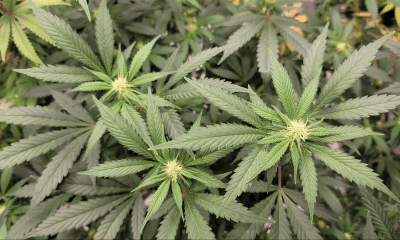Politics
The DEA Just Placed a Marijuana-Derived Drug In Schedule V
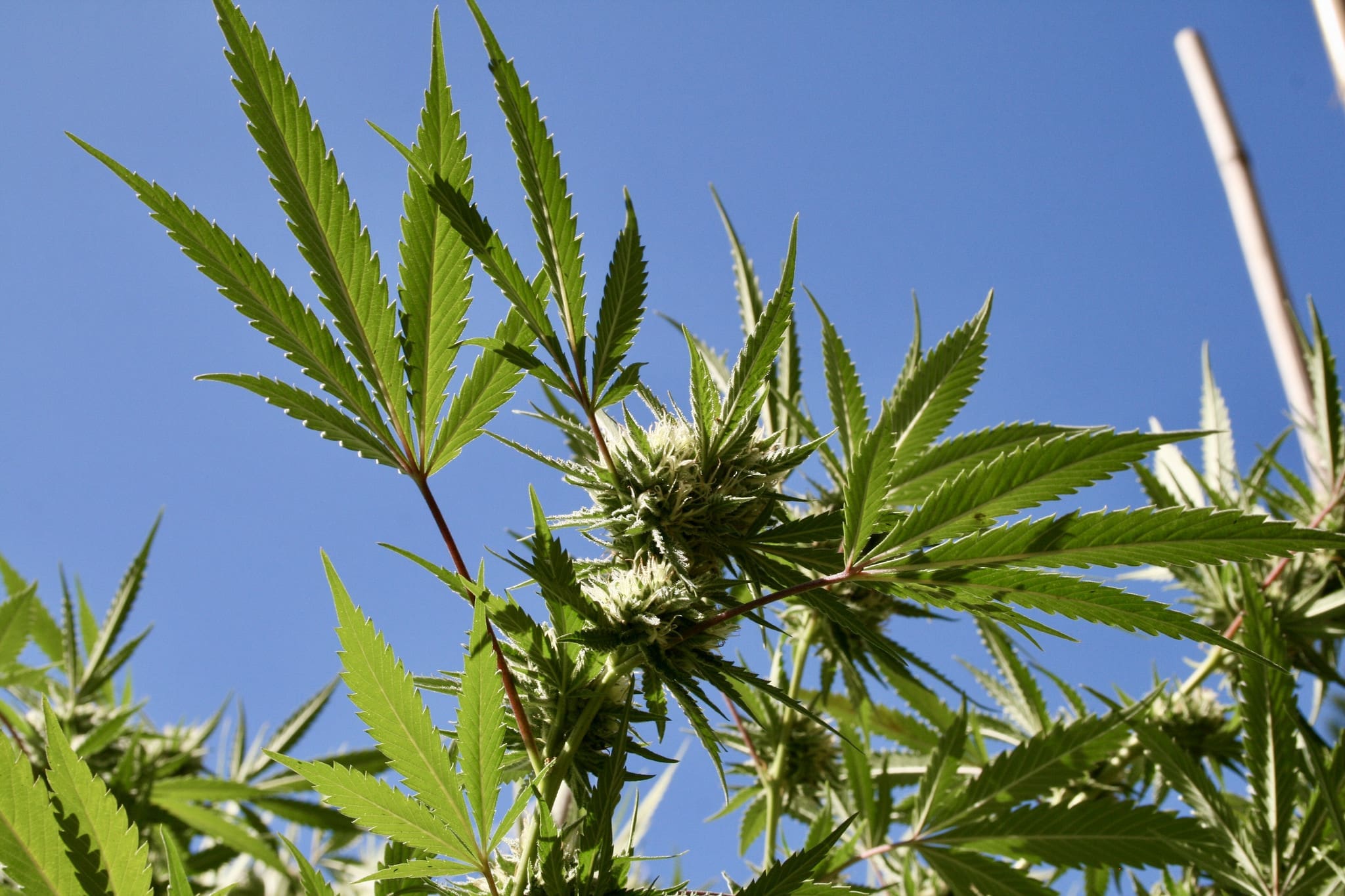
The Drug Enforcement Administration (DEA) placed a marijuana-derived drug in Schedule V of the Controlled Substances Act on Thursday.
The medication, Epidiolex, contains purified cannabidiol (CBD), a non-psychoactive ingredient in cannabis. It was approved as a treatment option for severe forms of epilepsy by the Food and Drug Administration (FDA) in June.
Following that approval, the DEA was given 90 days to make a scheduling decision for the product.
“Now that Epiodiolex has been approved by the FDA, it has a currently accepted medical use in treatment in the United States for purposes of the [Controlled Substances Act],” DEA Acting Administrator Uttam Dhillon wrote. “Accordingly, Epidiolex no longer meets the criteria for placement in Schedule I of the CSA.”
Dhillon "@DEAHQ will continue to support sound+scientific research that promotes legit. therapeutic uses for FDA-approved constituent components of #cannabis…DEA is committed to continuing to work w/our fed. partners to…make the process for research more efficient+effective"
— DEA HQ (@DEAHQ) September 27, 2018
“DEA will continue to support sound and scientific research that promotes legitimate therapeutic uses for FDA-approved constituent components of cannabis, consistent with federal law,” Dhillon later said in a press release. “DEA is committed to continuing to work with our federal partners to seek ways to make the process for research more efficient and effective.”
Epidiolex is the first purely cannabis-derived medication to gain FDA approval. However, the FDA has previously approved drugs that contain synthetic THC, or dronabinol, including Marinol and Syndros. The DEA classified those prescription medications as Schedule III and Schedule II, respectively.
But Epidiolex is unique because its primary ingredient is a natural component of cannabis: CBD. Because of that, there’s been speculation that the DEA’s decision to schedule the drug would have wide-ranging implications for CBD products overall.
But the DEA’s Federal Register filing says the action does not apply to CBD products other than Epidiolex and any generic versions FDA may approve in the future.
“As further indicated, any material, compound, mixture, or preparation other than Epidiolex that falls within the CSA definition of marijuana… including any non-FDA-approved CBD extract that falls within such definition, remains a schedule I controlled substance under the CSA.”
FDA Commissioner Scott Gottlieb said in a press release that the agency will “continue to support rigorous scientific research on the potential medical uses of marijuana-derived products and stand ready to work with product developers who are interested in bringing patients safe and effective, high quality products.”
Placing a drug lower on the schedules of the Controlled Substances Act doesn’t mean it becomes fully legal. It will be a regulated product and exclusively available via prescription. Marijuana remains strictly prohibited—a Schedule I drug—under federal law.
GW Pharmaceuticals, which developed Epidiolex, released a statement Thursday applauding the DEA’s scheduling decision.
“We are pleased that the DEA has placed Epidiolex in the lowest restriction Schedule, because it will help ensure that patients with LGS and Dravet syndrome, two of the most debilitating forms of epilepsy, can access this important new treatment option through their physicians,” Justin Gover, GW’s CEO, said.
“With this final step in the regulatory process completed, we are working hard to make Epidiolex available within the next six weeks as we know there is excitement for a standardized version of cannabidiol that has undergone the rigor of controlled clinical trials and been approved by the FDA.”
Kate Bell, general counsel at the Marijuana Policy Project, told Marijuana Moment that it was encouraging that the DEA placed Epidiolex in Schedule V—but that given the safety profile of CBD, it doesn’t deserve to be scheduled at all.
“We are excited to have Epidiolex available to the patients who can benefit from it, particularly since it can be prescribed and therefore covered by health insurance,” Bell said. “At the same time, we need to keep fighting to de-schedule the cannabis plant itself in order to end the tension between state and federal laws and make the whole range of medical marijuana products accessible to, and affordable for, more patients.”
DEA Wants More Marijuana Grown And Fewer Opioids Produced In 2019. Really.
Photo courtesy of Brian Shamblen.




